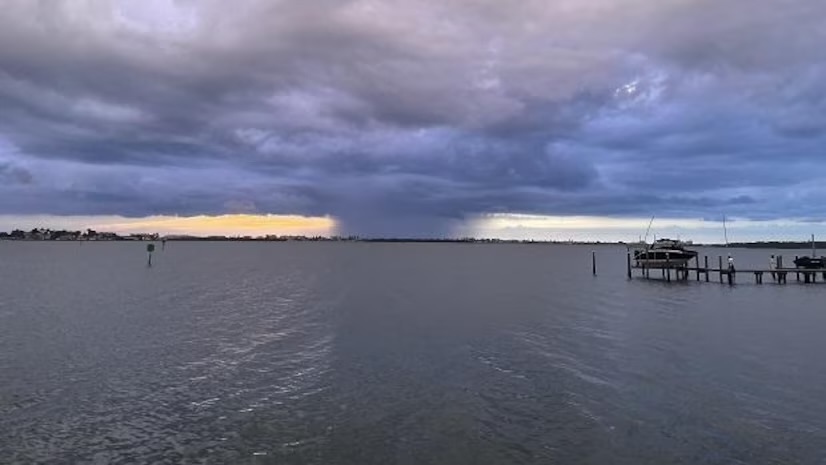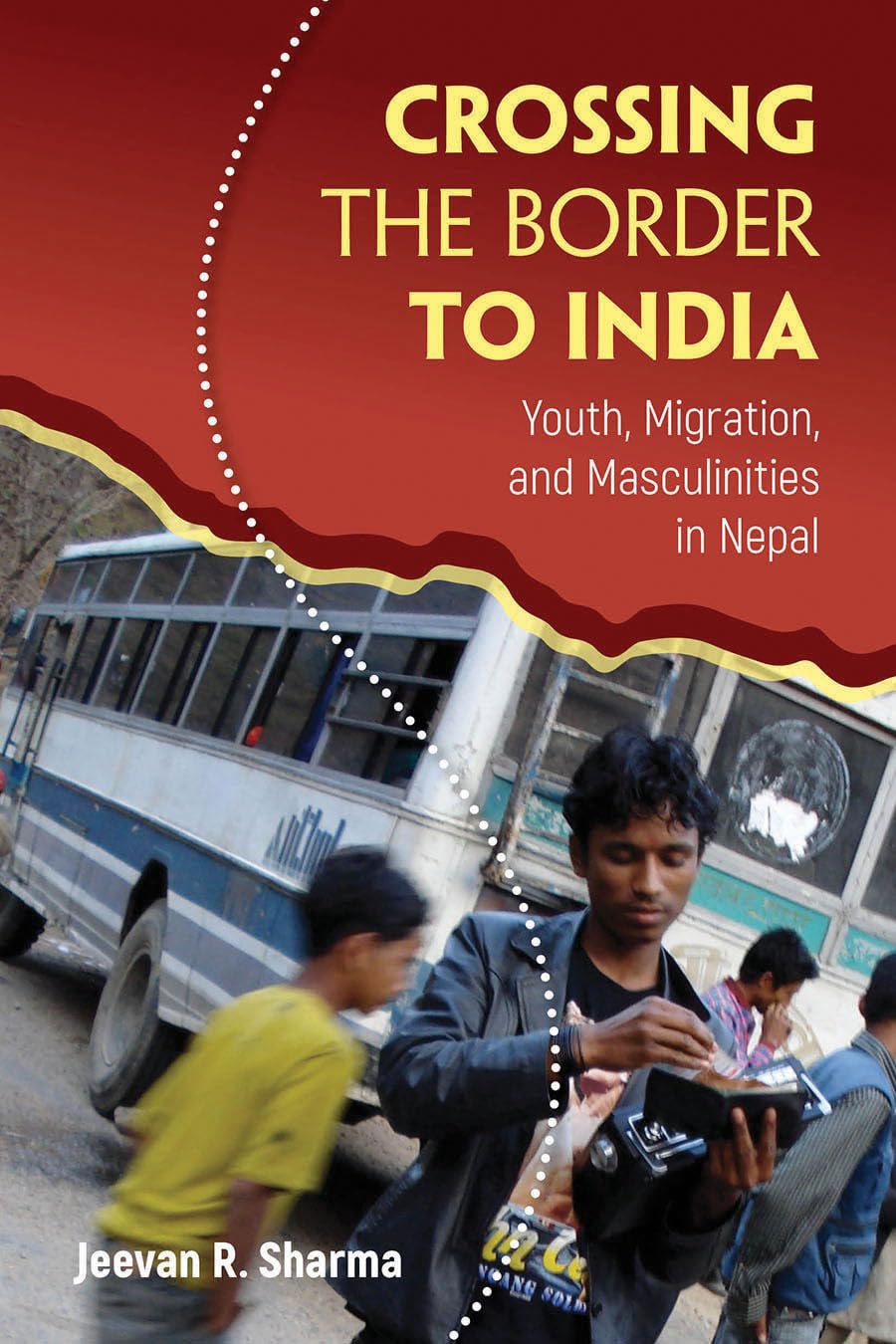UN Climate Negotiations Aim for New Financial Aid Package for Vulnerable Nations

Baku, Azerbaijan – In a critical call to action, Mukhtar Babayev, Azerbaijan’s ecology minister and president-designate of the upcoming climate negotiations, urged world leaders on Wednesday to prioritize a new financial aid package for impoverished and disaster-affected nations during the United Nations talks this fall. Babayev emphasized the urgency, stating, “Time lost is lives, livelihoods, and the planet lost.”
The plea comes as Simon Stiell, the United Nations’ top climate official, highlighted the dire consequences of unchecked climate change from his devastated hometown of Carriacou, Grenada. In a poignant video from the hurricane-ravaged island, Stiell described the destruction caused by the record-breaking storm Beryl, which obliterated or severely damaged 98% of homes on the island.
“Beryl is yet more painful proof,” said Stiell, executive secretary of the UN’s climate agency, standing amidst the ruins of a neighbor’s house. “Every year, fossil fuel-driven climate costs are an economic wrecking ball hitting billions of households and small businesses. If governments everywhere don’t step up, every economy and 8 billion people will face this blunt-force trauma head-on on a continuous basis.”
Stiell noted the alarming impacts of global warming, citing a four-figure death toll from heat in India, over 1,000 deaths during the annual pilgrimage to Mecca in Saudi Arabia, and millions left without power during a brutal heat wave in Texas. He called global warming a national security threat to every country, referencing a scientific study predicting a yearly $38 trillion economic hit from climate change. This economic burden, he warned, traps poorer countries in debt, hindering their ability to provide essential services like education and healthcare.
Babayev’s letter to world leaders underscored the critical need for a new international financial aid goal, building on the annual $100 billion pledge made by wealthy nations in 2009 to assist poorer countries in transitioning to less carbon-intensive economies. While this goal was finally reached earlier this year, Babayev stressed the necessity of improving upon it, noting that preliminary meetings in Germany this June failed to achieve the “necessary progress.”
In a statement, Babayev highlighted Azerbaijan’s potential role in facilitating dialogue between rich and poor nations but emphasized the urgency of collective action. “We all need to walk across it. In fact, we need to start running,” he said.
To accelerate progress, Babayev has invited leading climate negotiators to an informal retreat in Azerbaijan later this month. Additionally, veteran negotiators from Denmark and Egypt have been enlisted to help chart the path toward a new financial aid goal.
Babayev also pointed to the importance of operationalizing the “loss and damage” fund, established in 2022 and enacted in 2023. This fund aims to provide reparations from wealthy nations that contribute significantly to greenhouse gas emissions to less developed nations like Grenada, which suffer disproportionately from climate-related disasters.
“The only way out of this is together,” Stiell declared from Carriacou. “What the climate crisis did to my grandmother’s house must not become humanity’s new normal. We can still prevent that.”
The November climate talks in Baku are poised to be a decisive moment for global climate action, with financial aid and international cooperation at the forefront of the agenda.


















Facebook Comments